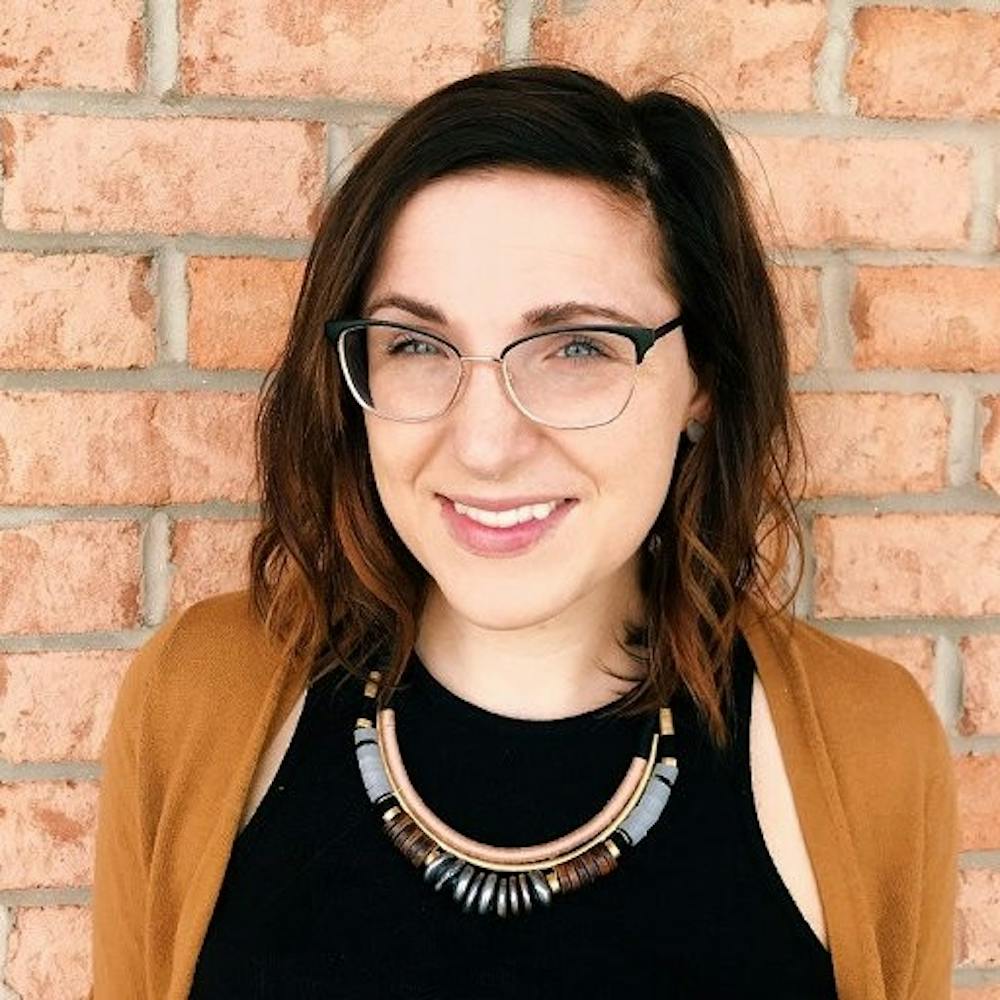Getting a good night’s sleep is hard enough without extra obstacles such as insomnia and other sleep disorders.
SU psychology professor Amber Norwood says sleep deprivation is a big problem that may get in the way of college students' studies.
Norwood said sleep deprivation can often be linked to other issues one may be having. She recommends everyone keep a sleep diary to track sleeping habits. This can help restless sleepers get to the root of the problem.
College students who keep up with sleep will have a better mindset overall, Norwood said. She also acknowledged students in college generally go to bed at a later time.
“Students in the college-age range are wired and pulled to stay up late into the night,” Norwood said.
With their busy schedules during the day, many students do not have the chance to take a nap in the middle of the day to rejuvenate. While they are an added bonus on the day, Norwood mentioned naps are not needed and should not be longer than 20 minutes.
Students should skip out on evening drinking and choose healthy alternatives instead, which lead to a better night’s sleep, Norwood said.
“Cut out caffeine, alcohol and nicotine at least 3-5 hours before going to bed,” Norwood said.
Norwood added that most people do not think chocolate contains caffeine. According to the USDA National Nutrition Database, one ounce of dark chocolate contains 12 milligrams of caffeine.
Staying away from caffeine is only part of the battle. Avoiding alcohol and nicotine can also help one get better sleep, according to Norwood.
Those unable to fall asleep within 20 minutes of actively trying to sleep should get out of bed, according to the National Sleep Foundation.


The Slate welcomes thoughtful discussion on all of our stories, but please keep comments civil and on-topic. Read our full guidelines here.